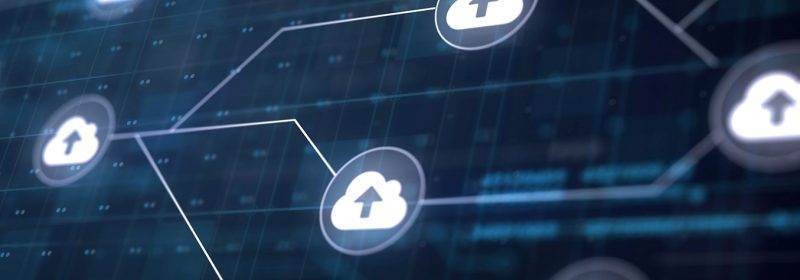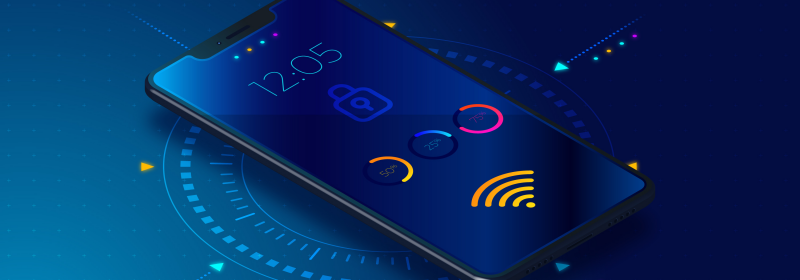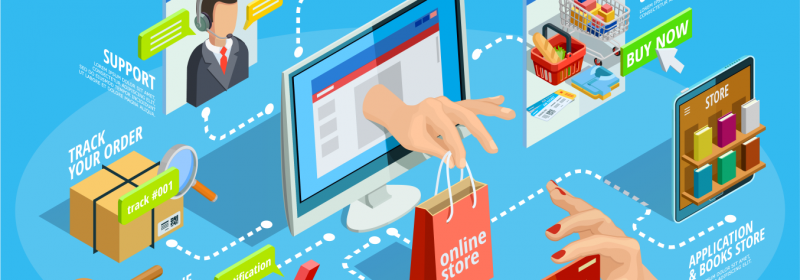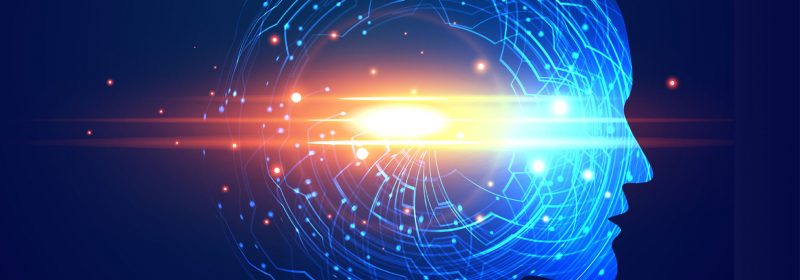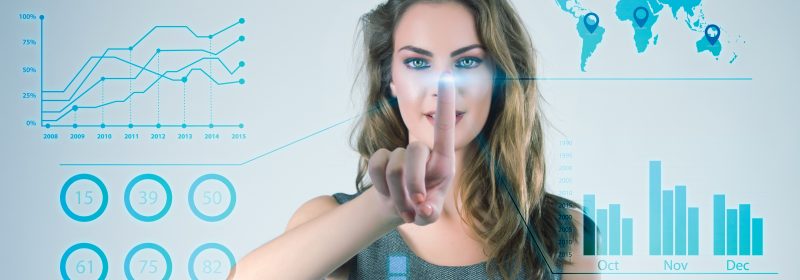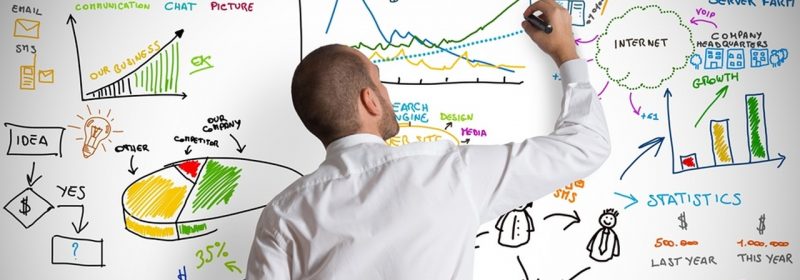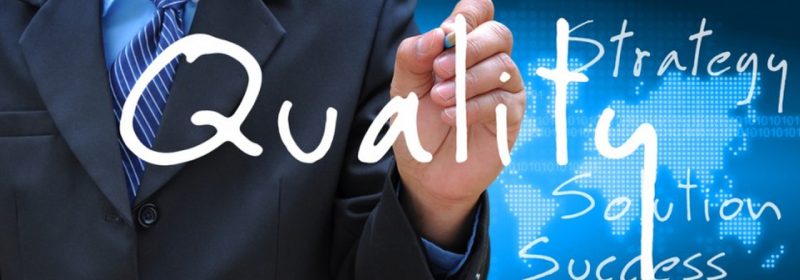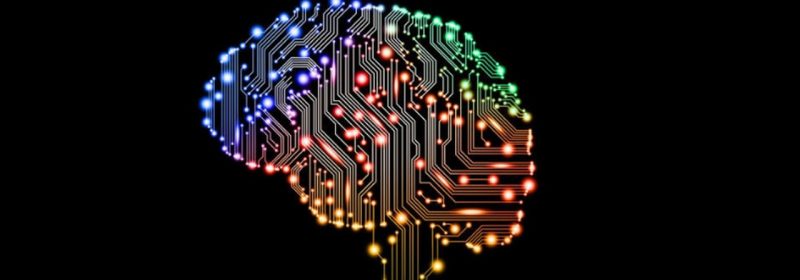 What is the difference between AI, Machine Learning and Cognitive Computing?
What is the difference between AI, Machine Learning and Cognitive Computing?
It’s quite remarkable how the market has been invaded by expressions that represent constant innovation. Some of them, such as AI (or Artificial Intelligence), Machine Learning, and cognitive computing have gained more emphasis recently.
That they represent trends no one doubts.
But, what do they mean?
Artificial Intelligence (AI)
Artificial Intelligence is a branch of computer science that aims to create devices that simulate the human capacity to think, perceive and make decisions based on data and perceptions.
In some areas, such as in medicine, innovative and cognitive solutions can help the work of some professionals in interpreting and acting through a data set with greater accuracy.
Which means, they can help solve problems.
IBM, for example, recently announced that they will use artificial intelligence to solve global problems.
For other professions, such as lawyers and accountants, AI has also been contributing with creative problem solution.
IA also refers to the ability of the equipment to obey “teachings” intuitively.
Equipment is preconfigured so that objects and/or devices can identify when it is necessary to carry out the specific action.
An example is that in offices, managers can monitor, even at a distance, what happens in environments. Via mobile devices (such as smartphones or tablets), they can perform some actions like switching something on/off, as if they were fiscally present.
However, with a certain “autonomy” of the equipment itself.
Machine Learning
Machine Learning arose from the theory of learning from concepts based on the science of artificial intelligence.
In fact, it refers to the improvement of standards studies and their recognition to provide technological resources of greater potential.
It’s already possible, for example, to apply this concept to improve the performance of applications on mobile devices.
Machines that focus on match results can easily track possible responses to situations and problems, helping to develop solutions.
The Big Data phenomenon itself, which raises the need for greater efficiency in working with data, impacts this scenario.
According to Forrester specialists, jobs that relate to computers and mathematics will grow 57% in the US in the next decade. And they will focus exactly on Machine Learning and knowledge bases (Big Data).
Cognitive Computing
Cognitive computing represents the ability of computational elements to process, share and/or distribute information in an “intelligent” way.
As if they really thought and could give correct or more appropriate destination or treatment to each data or indicator received.
IBM’s Watson denotes some of this, as we discussed above.
It’s for this reason that within the general concept of Artificial Intelligence we can find indissolubly others like this.
After all, for one thing to happen it needs the other (intelligence, after all, depends on “cognition”).
Cognition comes from a set of techniques and algorithms that help to transform data into relevant information and enable software for action.
Soon, we will have these terms intertwined in many moments.
É como se estivessem todos juntos de uma mesma “bolha”, compartilhando espaços vez ou outra.
It’s as if they were all together in the same “bubble”, sharing spaces one at a time.
The Internet of Things (IoT) is a good example of how this has already happened. In many cases it is confused with enterprise/residential automation itself.
In 2021, according to Gartner, it can move R$10 billions.
By connecting equipment and data on different bridges, we can say that previously considered “inanimate” items are now online and communicating with other resources.
Imagine a part of a car, connected, to a network. It stops being offline and sends information about temperature, climate, travel conditions, among others, to a central.
It can process and transform such indicators into intelligence for some action.
Cars, with this type of technology incorporated are already becoming reality announced in the market.
In other words, it is the ability of computers to “think”, very close to the way humans do.
Why, anyway, is it important to know all this?
Because all of this affects the way the market behaves, as well as how products and services are offered.
Mastering, therefore, concepts like these can be interesting for companies to include smart technology in their day to day.
This not only increases productivity, but also strengthens them so that they can develop differentiated products and provide solutions according to what the market expects, using artificial intelligence applied to the business.
E você, acha que sua empresa está preparada para enfrentar os novos desafios dessa era moderna? Precisa de tecnologia e de suporte para sair na frente?
What about you, do you think your company is prepared to face the new challenges of this modern era? Need technology and support to get ahead?
Contact Kyros! And share your doubts or experiences about the subject in the comments!
Postado por Kyros Tecnologia em 29 June, 2017
